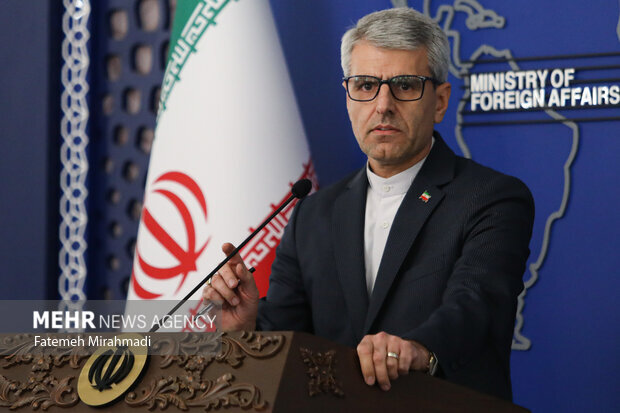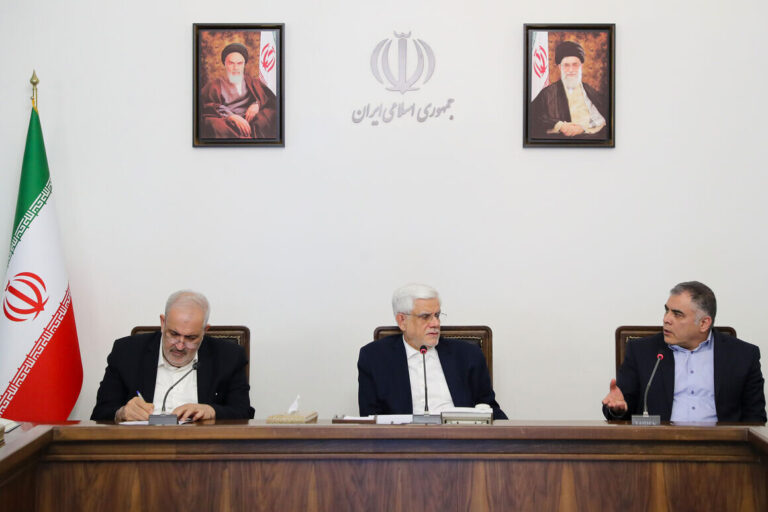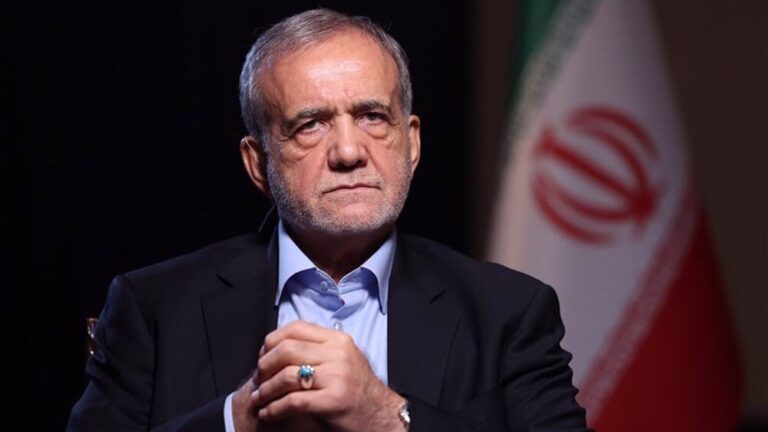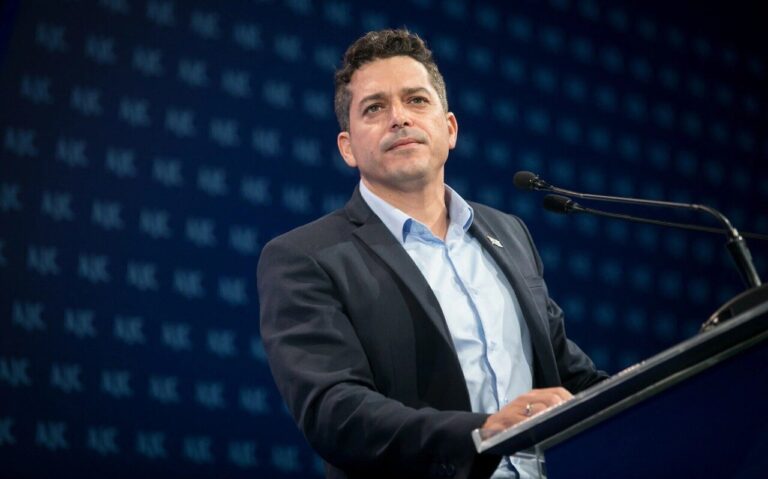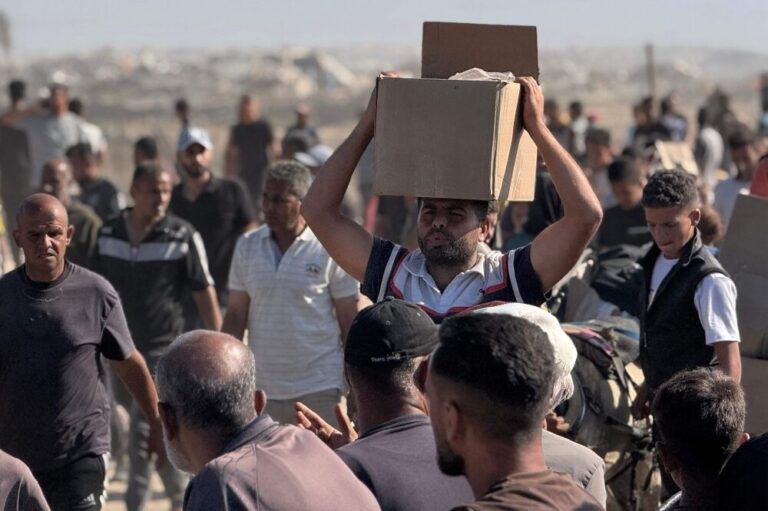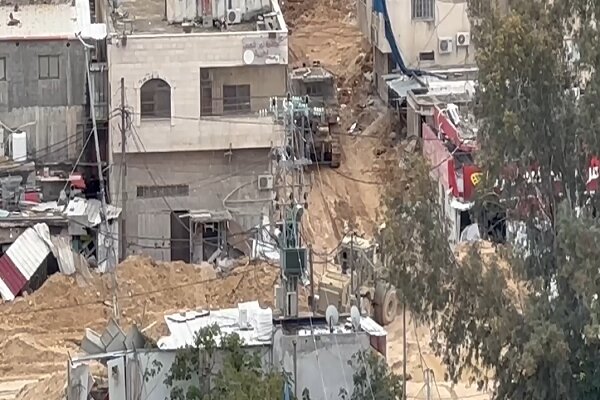Iran Slams US Airstrikes Targeting Yemen’s Strategic Ras Isa Port
In a recent statement, Iran’s Foreign Ministry Spokesperson Esmaeil Baghaei condemned the recent US attacks, characterizing them as a significant act of aggression and a serious violation of the UN Charter and international law. His remarks have sparked discussions about the implications of US actions in the Middle East and their role in exacerbating conflicts.
Baghaei emphasized that these aggressions by the United States not only support the ongoing occupation and violence perpetrated by the Zionist regime against the Palestinian people but also implicate the US as a partner in these actions. He stated, “The continued US military aggression against Yemen, the destruction of its vital infrastructure, and the killing of its Muslim population not only embolden the Zionist regime to carry on with its crimes in Gaza and the West Bank, but also fuel regional instability and pose a serious threat to international peace and security.”
This statement brings to light several key issues surrounding US foreign policy in the Middle East:
- US Military Aggression: Baghaei criticized the ongoing military actions by the US, particularly in Yemen, noting their destructive impact on civilian infrastructure and lives.
- Support for Israel: He pointed out that the US’s support for Israel’s actions in Palestine correlates with the violence and instability in the region.
- Regional Stability: The spokesperson warned that such actions not only threaten local populations but also have broader implications for international peace and security.
- Call for Solidarity: Baghaei expressed solidarity with the Yemeni people, offering condolences for the loss of innocent lives and urging global action against the violations of international law.
In his remarks, Baghaei called for an end to the global silence surrounding the US’s blatant violations of human rights and international law against the Yemeni populace. He placed significant responsibility on Islamic countries and the Organization of Islamic Cooperation (OIC) to take decisive action to address these issues.
This call to action highlights the need for a unified response from nations within the Islamic community to advocate for the rights of those affected by conflict in the region. Baghaei’s statement serves as a reminder of the complexities of international relations, particularly in the context of the Middle East, where historical grievances and geopolitical interests often clash.
As tensions continue to rise, the international community faces increasing pressure to respond to these humanitarian crises. The situation in Yemen, exacerbated by foreign intervention and ongoing conflict, demands urgent attention and intervention to protect the rights and lives of its citizens.
Moreover, the implications of US policies extend beyond Yemen and Palestine, affecting regional dynamics in a broader sense. The Iranian diplomat’s assertion that US actions embolden the Zionist regime suggests a cycle of violence that hinders any prospects for peace in the region.
In conclusion, Baghaei’s comments shed light on the urgent need for a reevaluation of current foreign policies and highlight the responsibilities of global leaders to prioritize peace and security. A collective effort from the international community, particularly from Islamic nations, is crucial to address the escalating conflicts and humanitarian crises in the Middle East. The time to act is now, as the consequences of inaction could further destabilize an already volatile region.
